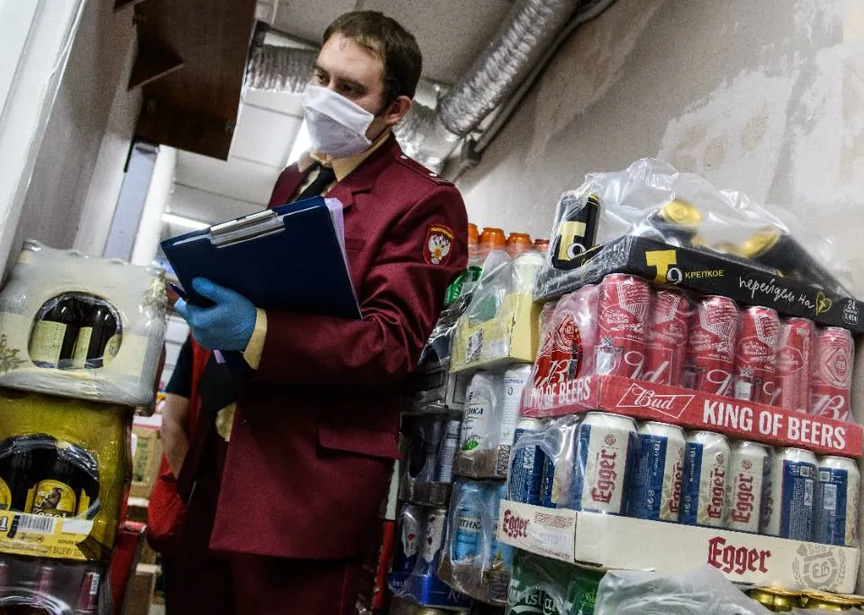
The winds of change may blow soberly this year in the Leningrad region, as local lawmakers sharpen their legislative scissors to cut off alcohol sales entirely during the famed Scarlet Sails celebration. Like a bartender refusing a last call, the proposed amendments would lock the taps for thousands of shops and restaurants across the region.
With over 4,000 retailers and 100 eateries affected—600 nestled like sleeping giants in residential areas—the economic fallout could hit harder than a shot of cheap vodka. Maxim Chernigovsky, a seasoned voice in the alcohol industry, warns that the bill reeks of half-baked sobriety. "Targeting stores while ignoring restaurants in apartment buildings is like putting a lock on your fridge but leaving the wine cellar wide open," he argues. The real danger, he insists, isn’t just lost profits but a shadow market rising like moonshine in the backwoods—complete with fly-by-night operators and toxic brews.
Meanwhile, in Vologda, alcohol sales already operate on a strict time leash—two measly hours on weekdays and a more generous window on weekends. The restrictions, born from grim statistics on alcohol-related deaths and addiction, have turned liquor aisles into ghost towns outside permitted hours. Critics whisper that such measures merely push drinkers into darker corners, where regulation fears to tread.
As Leningrad’s politicians weigh morality against economics, one thing’s clear: this isn’t just about keeping glasses empty during a festival—it’s about whether prohibition’s old ghosts still haunt modern Russia.



















